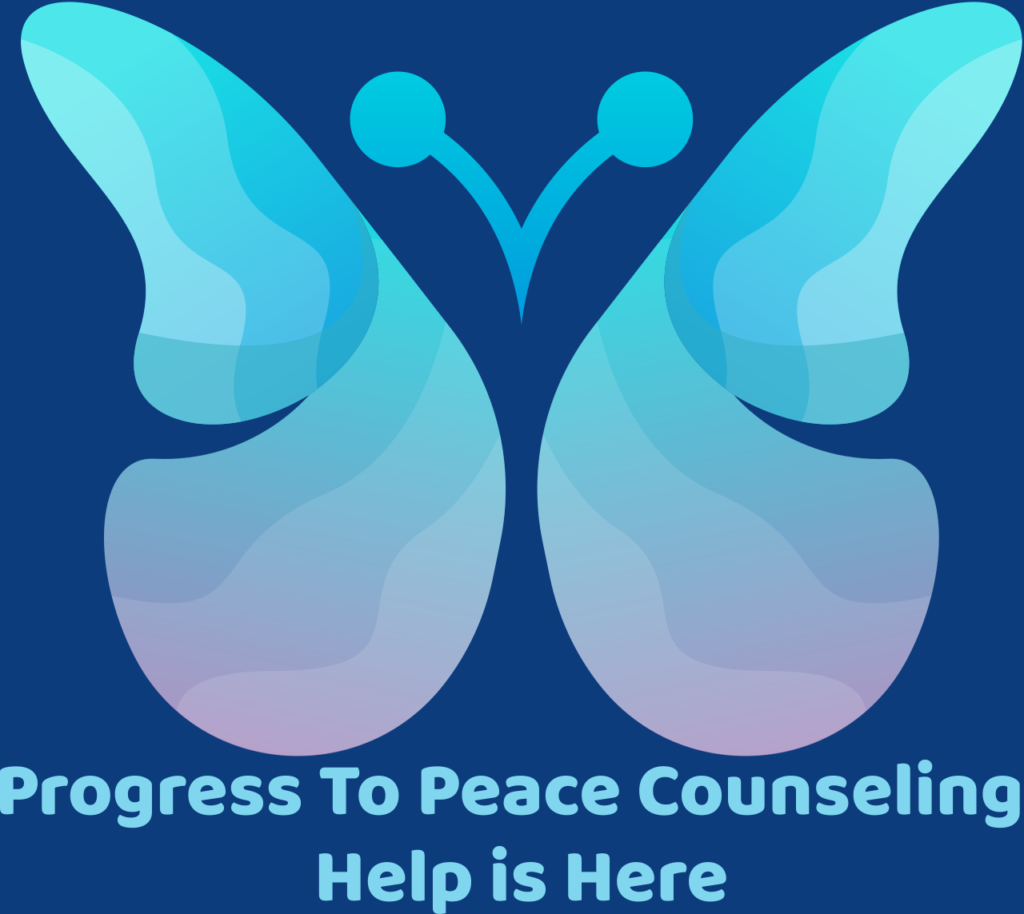Mental illness for all this time has never been hidden, and this kind of social discrediting can lead to more discrimination and seclusion. Ignorance and perception of biased information are some of the fuels for the promotion of this kind of bias. This is especially an abomination among individuals suffering from depression because they are afraid of being stigmatized or sympathized. It is crucial to arouse compassion and get out of this destructive pattern, not only for our personal well-being but also to foster a positive change in others as well.
The Role of Therapy in Combating Stigma
Education and Awareness:
The nature of depression is explained by depression therapists in Charlotte NC, who stress that it is not a character flaw but rather a medical condition. Understanding what biological and psychological aspects contribute towards depression helps demystify this ailment while decreasing self-blame among those affected by it personally or indirectly. When one learns that they are not alone in battling such an illness, which can be treated successfully most times, then accepting oneself becomes easier; hence, seeking appropriate help follows suit.
Building Self-Esteem:
Often, depression eats away at somebody’s self-worth, making them feel worthless and incompetent. Negative self-perception must be challenged head-on so that a more positive self-image can be built by people suffering from depressive disorders working alongside their depression therapists during sessions aimed at achieving this goal. Through methods like cognitive-behavioral therapy (CBT), individuals identify negative thinking patterns before reframing them into positive ones, thus cultivating healthier attitudes toward themselves – all these steps are necessary when confronted with stigmatization related to any form of mental health disorder.
Developing Coping Strategies:
Coping strategies involve teaching practical coping skills used in symptom management for those diagnosed with major depressive disorder, which could include cognitive-behavioral techniques as well as mindfulness practices. Equipped with such tools, patients are empowered to take charge of their psychological well-being, thereby reducing feelings of despair or shamefulness about themselves because there is something that can be done about it. Coping helps an individual become more emotionally resilient, so they may face up to societal challenges, such as being judged harshly by others who fail to understand what one is going through, among other things.
Encouraging Open Communication:
One way through which therapy breaks down walls between different people living together within society involves encouraging them talk openly concerning their experiences – this normalizes dialogue around mental health issues. Personal narratives shared during these supportive gatherings tend eradicating any sense of loneliness bred by stigmatization hence paving way towards recovery.
Therapy as a Catalyst for Social Change
Besides personal advantages, depression therapy has a potential public impact since it challenges prevailing attitudes toward mental illness.
Promoting Empathy and Understanding:
Sharing experiences of therapy with others can lead to more empathy within one’s social circles. Personal stories of recovery and resilience can disrupt stereotypes about mental health conditions. The more people understand what it means to be depressed, the less they stigmatize others grappling with such issues, which creates an inclusive society.
Advocacy and Awareness Campaigns:
Psychotherapists sometimes engage in advocacy work or participate in campaigns aimed at raising awareness on various aspects related to mental health. These activities are designed not only to sensitize but also transform public opinion by demystifying this category of diseases. Such campaigns which provide accurate information coupled with fostering open conversations have the potential of creating safe spaces that promote acceptance and understanding for everyone living with depression.
Creating Supportive Communities:
Therapy builds supportive communities around individuals by motivating them to seek out people who share similar life challenges. Groups where peers meet regularly offer opportunities for belongingness as well validation thereby further reducing stigmatization linked to mental illness. Being part of such community could greatly influence one’s psychological well-being since they feel understood and supported throughout their journey towards recovery from depression.
Personal Growth and Resilience Through Therapy
Perhaps the most profound benefit derived from treating depression is personal growth, together with resilience building among those affected. People learn more about themselves and their abilities when they go through counseling sessions aimed at dealing with depressive disorders.
Self-Discovery and Insight:
Clients attend therapy so that they may have a space within which they can explore thoughts, emotions, as well actions, thus becoming better aware of who they really are. Similarly, understanding why somebody got into depression would enable him/her to take steps toward positive changes in life. This process enables individuals to identify strengths while coming up with strategies for overcoming personal challenges, thereby leading to growth.
Building Resilience:
Therapeutic interventions foster resilience among patients by equipping them with healthy coping mechanisms against stressful situations or adversities. With this ability, one can easily spring back after failure and still maintain good mental health over an extended period. Psychotherapy helps people recognize their own ways of dealing with difficulties and then strengthens those areas, which makes an individual stronger from within and, hence, more confident about facing future problems head-on.
Empowerment and Agency:
The idea of therapy brings about the image of a subjective conception of treatment where the patient plays a significant role in the process of healing and is encouraged or even mandated to seize the reigns in the process of overcoming the disorder. This is a very important state, as feeling empowered raises the level of helplessness and can impact the well-being of the person positively. In essence, research with depressed patients demonstrates that when people believe that they have the necessary tools and resources to deal with their condition, then they continue to do positive things and even make better choices for their health.
Conclusion
Dealing with the stigma attached to any form of madness remains a complex and never-ending process, but undertaking depression therapy could act as a powerful driver for change. Therapy offers education, support, and practical tools necessary for challenging stigma while embracing mental health recovery. In addition, personal development, along with resilience building, contributes towards creating awareness about these issues, hence fostering understanding within communities where help-seeking behaviors may be limited due to social isolation or ignorance.
In case you or someone close has depression symptoms, kindly contact Progress Towards Peace Counseling today! Our experienced depression therapists will provide the guidance needed so that together, we overcome this condition and live happily ever after.














